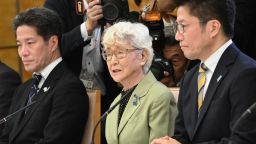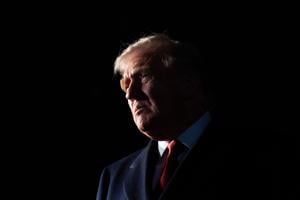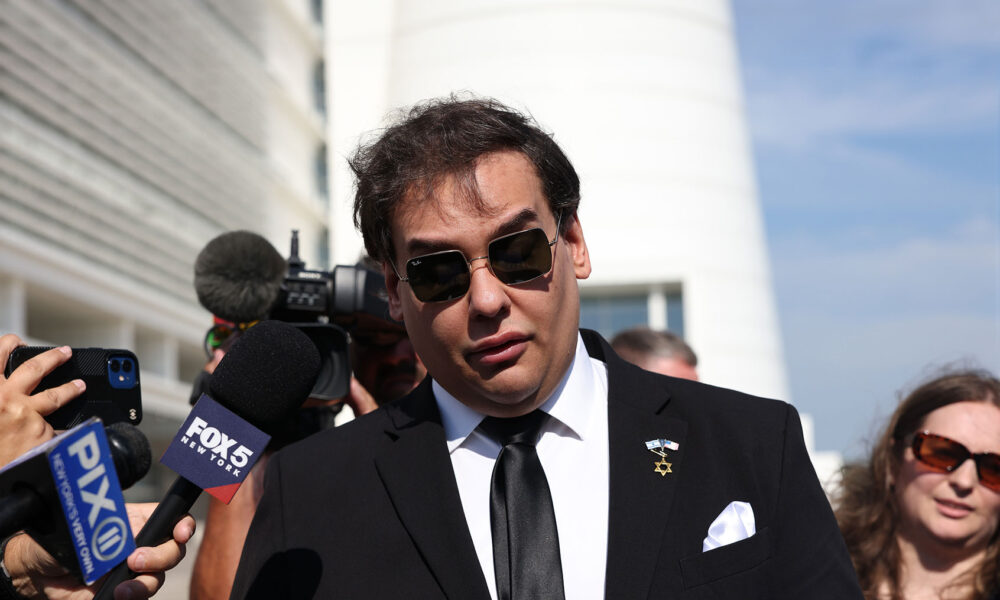Japan’s newly appointed Prime Minister Sanae Takaichi has expressed her intention to hold a summit with North Korean leader Kim Jong Un. This initiative marks a significant moment, as no Japanese leader has engaged in direct talks with North Korea for over two decades. Takaichi announced her plans during a rally on October 30, 2023, where she reiterated Japan’s commitment to resolving the longstanding issue of Japanese citizens abducted by North Korean agents.
The abduction of Japanese citizens, particularly during the late 1970s and 1980s, remains a critical point of contention between Japan and North Korea. The Japanese government claims that at least 17 citizens were taken, with only five returning in 2002. This issue has left families of the abducted individuals without closure, as many continue to seek answers regarding their loved ones. Takaichi emphasized her determination to “break through and resolve the abduction issue during my tenure.”
Historical Context and Previous Attempts
The historical backdrop of Japan-North Korea relations is marked by unresolved grievances stemming from Japan’s colonial rule over Korea. Previous attempts at dialogue have often stalled due to deep-seated mistrust and conflicting narratives.
A pivotal moment occurred in 2002 when then-Prime Minister Junichiro Koizumi made a groundbreaking visit to Pyongyang to meet with Kim Jong Il, Kim Jong Un’s father. This summit was notable not only for being the first visit by a Japanese prime minister to North Korea since World War II but also for North Korea’s acknowledgment of the abductions. Kim Jong Il issued an apology and assured Japan that the responsible agents had been punished. Following this meeting, the five abductees returned to Japan the next month, reuniting with their families after decades apart.
Despite these advances, no further repatriations have occurred since 2004, nor have there been substantial developments in diplomatic relations. Takaichi is aware that she inherits a complex legacy from her predecessors, including Shinzo Abe, who was assassinated in 2022, and Fumio Kishida, both of whom expressed a willingness to engage with North Korea without preconditions.
Current Dynamics and Future Prospects
The current political landscape presents both challenges and opportunities for Takaichi. Her administration’s approach may be influenced by past experiences, as previous leaders have struggled to balance a tough stance against North Korea with the necessity of dialogue. During her tenure, Takaichi aims to continue the mission of her mentor, Abe, who sought to prioritize the abductees’ plight in any negotiations.
Takaichi’s commitment to meet with the families of abductees reflects her understanding of the emotional weight this issue carries for many Japanese citizens. She has already met with families twice since taking office, including a joint meeting with former U.S. President Donald Trump during his visit to Japan.
While the path forward remains uncertain, Takaichi’s initiative could signal a potential thaw in relations. As she prepares to navigate the complexities of North Korean diplomacy, the eyes of the international community will remain on Japan’s efforts to address a painful chapter in its history.






